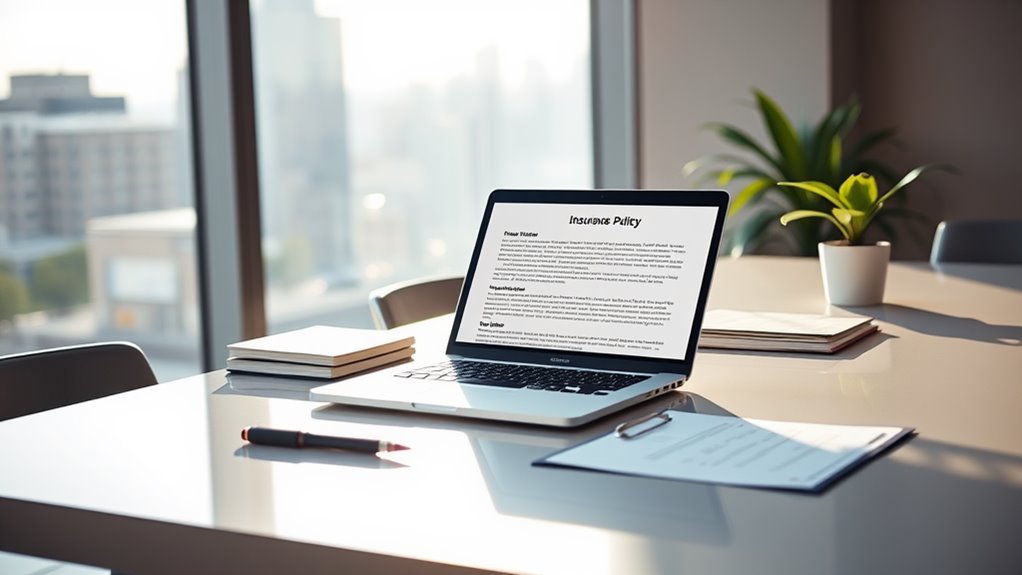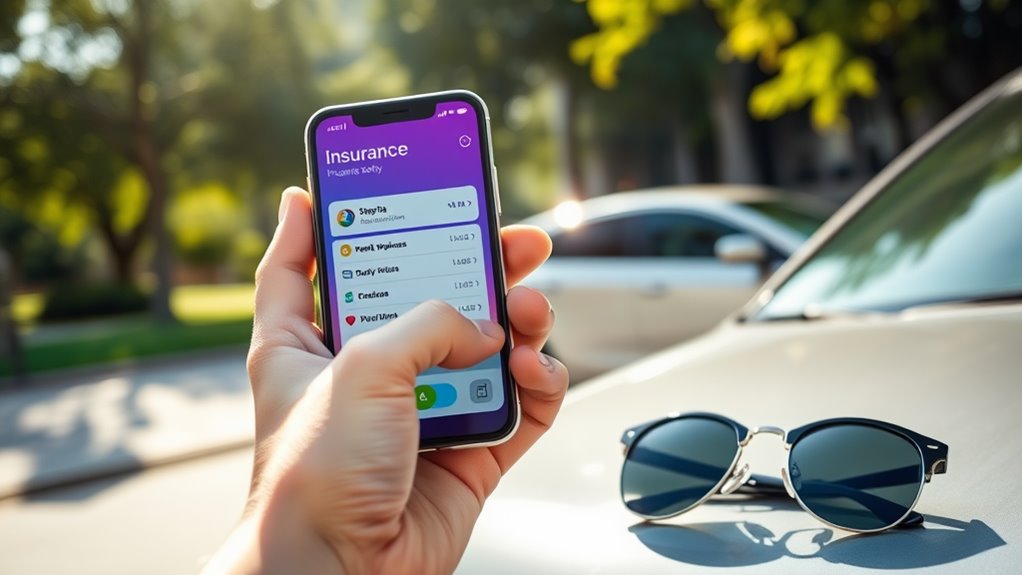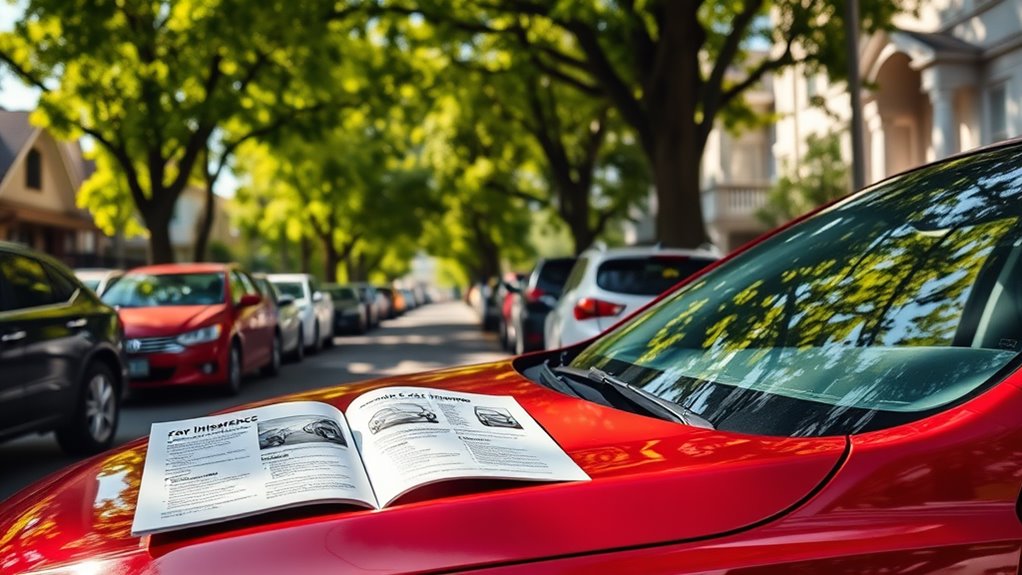If you regularly drive but don't own a vehicle, understanding non-owner insurance requirements is essential. Each state mandates specific liability coverage levels, and failing to comply can lead to penalties. This insurance not only safeguards you against potential liabilities but also helps maintain a steady insurance record. Consider how this coverage can impact your driving future and the implications of not meeting these requirements. What happens if you disregard them?
Have you ever wondered what non-owner insurance entails and why it might be important for you? Non-owner insurance is a type of policy designed for individuals who don't own a vehicle but still drive regularly. Each state has its own requirements regarding non-owner insurance, often mandating a minimum level of liability coverage, which can vary considerably. Understanding these requirements is essential for maintaining a continuous insurance record and ensuring you comply with state regulations.
Non-owner insurance is crucial for those who drive regularly without owning a vehicle, ensuring compliance with state liability requirements.
In many states, even if you don't own a vehicle, you might still need to provide proof of insurance, especially if you plan to drive. For instance, if you've had a serious traffic violation, you may be required to file an SR22 or FR44 certificate, indicating that you have the necessary coverage. This coverage typically includes bodily injury liability, which helps pay for injuries you might cause to others, and property damage liability, which covers any damage you might inflict on someone else's property while driving. Some policies may also offer uninsured/underinsured motorist coverage, which provides extra protection in the event you're involved in an accident with an inadequately insured driver. Additionally, state insurance regulations can vary significantly, making it crucial to stay informed.
Another aspect to reflect on is that non-owner insurance plays an important role for individuals who frequently rent cars. If you find yourself borrowing cars regularly or renting them, having a non-owner policy can provide essential coverage in case of an accident. Additionally, maintaining continuous coverage is essential to avoid being classified as a high-risk driver during periods when you don't own a vehicle. States often require proof of insurance to fulfill financial responsibility requirements, ensuring that all drivers on the road have some level of coverage. Non-owner insurance can help protect against potential lawsuits from accidents, which underscores its importance for responsible driving.
It's important to note that while non-owner insurance offers several benefits, it does come with certain exclusions and limitations. These policies don't cover damage to the vehicle you're driving, nor do they include rental car insurance or services like towing. Additionally, extensive and collision coverage isn't applicable since these policies aren't tied to a specific vehicle. If you live with someone who owns a vehicle, you may need to be listed on their insurance policy, as non-owner insurance may not be suitable in such situations.
When evaluating eligibility and conditions, it's important to highlight that individuals without a driver's license don't need non-owner insurance. If you primarily use public transportation, this type of insurance may not be necessary for you either. However, for those who frequently borrow cars or drive rentals, non-owner insurance becomes an important resource that meets state requirements.
In terms of cost, non-owner insurance is generally cheaper than traditional vehicle insurance, with rates varying based on factors like age, location, and driving history. While obtaining quotes online can be challenging, reaching out to insurance providers directly can help you find a policy that meets your needs while ensuring you stay compliant with state laws.
Conclusion
To summarize, meeting state requirements for non-owner insurance is more than just a legal obligation; it's a safeguard against unexpected consequences. Imagine facing a traffic violation without proper coverage—could you afford the penalties? By securing non-owner insurance, you not only comply with regulations but also protect your driving record and financial future. Don't leave your safety and peace of mind to chance; take the necessary steps today to guarantee you're covered when it matters most.


